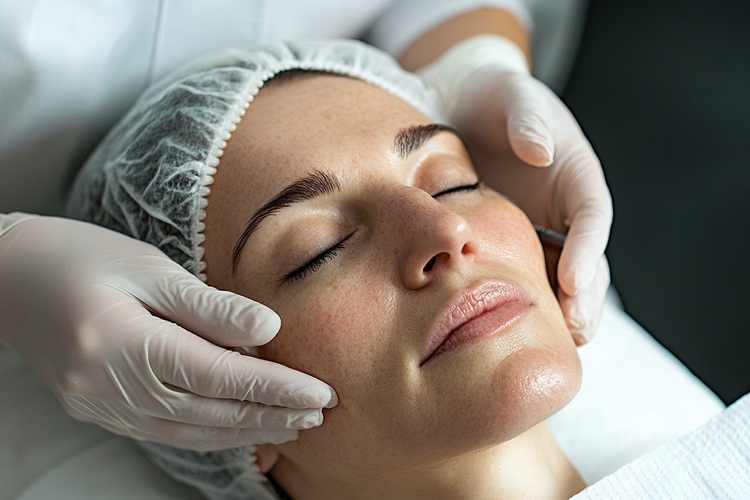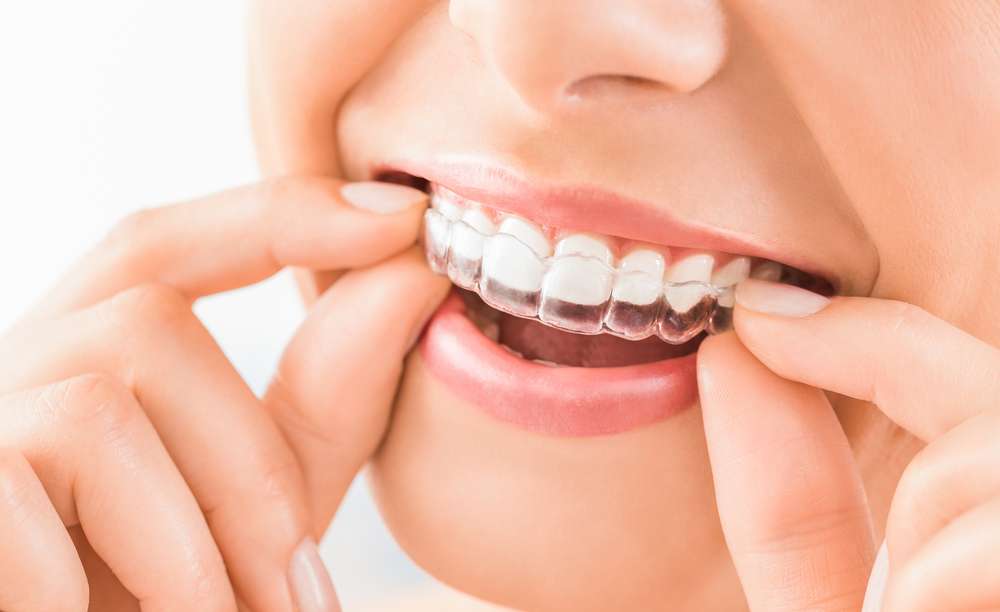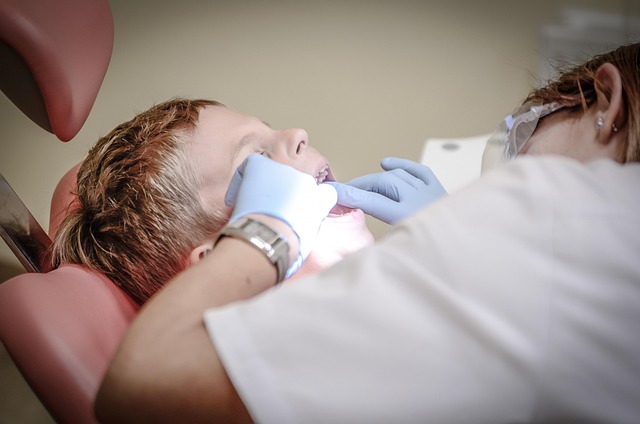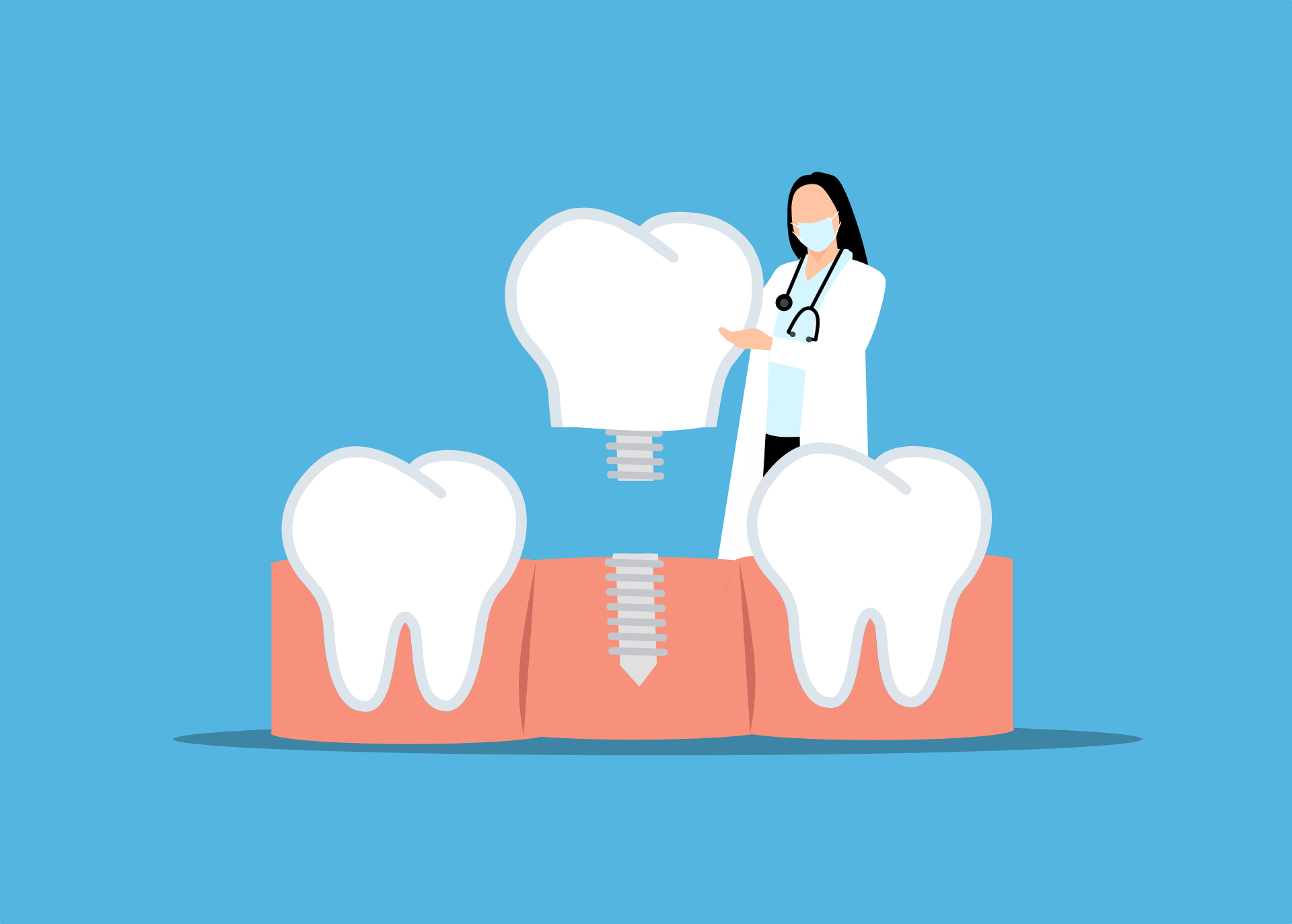Achieve Radiant Complexion: Discover the Benefits of Laser Treatment for Brighter Skin
Laser treatments have revolutionized skincare by offering precise, effective solutions for achieving brighter, more even-toned skin. These advanced procedures target various skin concerns including hyperpigmentation, age spots, and uneven texture through controlled light energy that stimulates cellular renewal. Modern laser technology provides customizable treatment options suitable for different skin types and conditions, making professional skincare more accessible than ever before.

Dark spots, age spots, and uneven skin tone affect millions of people worldwide, often causing confidence issues and prompting the search for effective treatment solutions. Laser technology has emerged as a leading approach for addressing these concerns, offering precise targeting of problematic areas while promoting overall skin health and radiance.
The science behind laser treatments involves delivering controlled light energy to specific skin layers, breaking down excess melanin deposits and stimulating the body’s natural healing processes. This targeted approach allows practitioners to address individual concerns while minimizing impact on surrounding healthy tissue.
Understanding Different Types Of Laser Treatments For Skin
Several laser technologies are available for skin improvement, each designed for specific concerns and skin types. Fractional lasers create microscopic treatment zones, promoting rapid healing while addressing texture and pigmentation issues. IPL (Intense Pulsed Light) systems target multiple skin concerns simultaneously, including brown spots, redness, and fine lines.
Q-switched lasers specifically target pigmented lesions by delivering ultra-short pulses that shatter melanin deposits without damaging surrounding tissue. CO2 lasers provide more intensive resurfacing for deeper concerns, while erbium lasers offer gentler surface renewal with reduced downtime.
How Laser Treatments Promote Skin Renewal And Healing
Laser energy stimulates collagen production, the protein responsible for skin structure and elasticity. This process begins immediately after treatment and continues for several months, gradually improving skin texture, firmness, and overall appearance.
The controlled injury created by laser energy triggers the body’s natural wound healing response, encouraging the formation of new, healthy skin cells. This renewal process helps eliminate damaged cells containing excess pigment while promoting the development of clearer, more evenly toned skin.
Additionally, laser treatments improve circulation in treated areas, enhancing nutrient delivery and waste removal at the cellular level. This enhanced blood flow supports ongoing skin health and contributes to the lasting benefits of laser therapy.
Potential Risks And Side Effects Of Laser Skin Treatments
While generally safe when performed by qualified professionals, laser treatments can involve certain risks and side effects. Common temporary effects include redness, swelling, and mild discomfort lasting several days to weeks depending on treatment intensity.
Some individuals may experience temporary hyperpigmentation or hypopigmentation, particularly those with darker skin tones. Proper pre-treatment assessment and appropriate laser selection help minimize these risks.
Rare complications can include scarring, infection, or permanent pigment changes. Choosing experienced practitioners and following all pre- and post-treatment instructions significantly reduces the likelihood of adverse effects.
Expert Insights On Preparing For A Laser Treatment Session
Proper preparation enhances treatment effectiveness and reduces complication risks. Practitioners typically recommend avoiding sun exposure for several weeks before treatment, as tanned skin increases the risk of pigmentation changes.
Discontinuing certain skincare products containing retinoids, alpha hydroxy acids, or other active ingredients is often necessary to prevent excessive skin sensitivity. Some medications, particularly those increasing photosensitivity, may need temporary adjustment.
A thorough consultation allows practitioners to assess skin type, discuss realistic expectations, and develop personalized treatment plans. This evaluation includes reviewing medical history, current medications, and previous cosmetic treatments.
Post-Treatment Care Tips For Maintaining Skin Brightness
Post-treatment care plays a crucial role in achieving optimal results and preventing complications. Gentle cleansing with mild, fragrance-free products helps maintain skin health while avoiding irritation during the healing period.
Sun protection becomes especially critical following laser treatments, as newly treated skin remains more susceptible to UV damage for several weeks. Broad-spectrum sunscreen with SPF 30 or higher should be applied daily, regardless of weather conditions.
Moisturizing helps support the healing process and maintains skin comfort during recovery. Practitioners often recommend specific products formulated for post-laser care, avoiding ingredients that might cause irritation or interfere with healing.
| Treatment Type | Average Cost Range | Sessions Needed |
|---|---|---|
| IPL Photofacial | $300-$600 | 3-6 sessions |
| Fractional Laser | $500-$1,500 | 1-3 sessions |
| Q-Switched Laser | $200-$800 | 2-6 sessions |
| CO2 Resurfacing | $1,000-$3,000 | 1-2 sessions |
Prices, rates, or cost estimates mentioned in this article are based on the latest available information but may change over time. Independent research is advised before making financial decisions.
Laser treatments offer scientifically proven methods for achieving brighter, more radiant skin through targeted pigment reduction and cellular renewal. Success depends on proper treatment selection, qualified practitioners, and diligent aftercare. Understanding the various options, potential risks, and preparation requirements helps individuals make informed decisions about incorporating laser therapy into their skincare routines.
This article is for informational purposes only and should not be considered medical advice. Please consult a qualified healthcare professional for personalized guidance and treatment.




